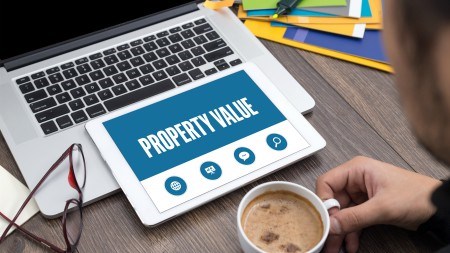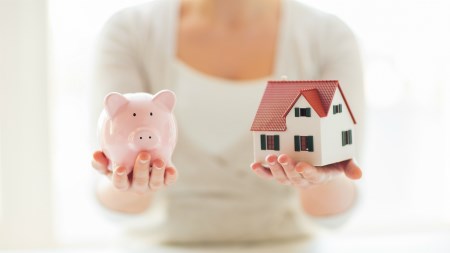For the majority of consumers, purchasing a property will be the single largest investment they will ever make.
“However,” says Adrian Goslett, CEO of RE/MAX of Southern Africa, “that doesn’t always mean that it will be the best investment they will ever make. Making sure that it is the best investment will take some time and research.”
According to the most recent data from Absa, the average nominal value of a medium-sized home is around R1 064 900. This means that even buying an average family home within the middle segment of the property market will be a rather significant investment for most buyers.
“Purchasing a property is more than just finding a place to live for the next few years, especially if buyers view property as the long term investment that it is and look beyond their current lifestyle criteria when deciding which home to buy,” says Goslett. “How the buyer goes about selecting their property, maintaining it, improvements they make, how long they keep it and how they manage the bond through which the home is financed are all factors that determine whether the home will be their best investment.”
He adds that owning a home and eventually paying off the home loan will allow the homeowner and their descendants to live on the property for just the costs of maintaining and running the home. Considering that, on average, a bond repayment is between 20% and 30% of the buyers monthly expenses, paying off a bond will free up a substantial amount of money each month that the homeowner can use to invest in other ways, such as retirement planning.
“Additionally, the property’s value will appreciate over the years creating equity, which is the amount by which the property value exceeds the outstanding debt. This money can be used for any range of things from consolidating debt or paying for university fees to raising money to start a business, the options are endless. This way the property is much more than just a roof over the homeowners head, it’s a foundation and building block towards financial independence,” says Goslett.
He notes that the initial step towards making a good property investment is selecting the right property from the outset. “A property that is situated in an area with good potential and that is purchased at a fair market price has the potential of becoming an excellent investment over time. Essentially these are two of the main elements that should ensure solid appreciation in value over the long term. This does mean that the homebuyer will need to research the area in which the home is located to find out whether there are any future development plans for the area, along with looking at predictions for future capital growth of properties and carefully considering prices of other properties in the area to ensure they buy the property for a good price,” says Goslett.
He notes that homeowners aren’t solely restricted to waiting for the natural capital appreciation of the property. “There are various ways in which homeowners can increase the value of the property or find ways to generate an income from their property. This can be done by acquiring business rights on the property or converting the property into a guesthouse or a nursery school. Alternatively adding another room, bathroom or building a granny flat that could be rented out can all increase the property’s value. These ideas would require further homework, as the buyer would need to check the title deed and the current zoning of the property, and perhaps speak to a number of experts such as builders or town planners to pinpoint the possibilities. But remember, each area has a ceiling price, and renovations, if not appropriate for the area, may not add value at all,” Goslett explains.
He notes that another vital factor that impacts whether or not a property will become a good investment is the length of time that the homeowner holds onto the property. “Often homebuyers purchase a home and stay there for only a few years. While there may be some appreciation in value over this period, it will obviously not be as much as if they had to keep the home for between 15 and 20 years, which would also allow them to possibly pay off the bond and reap the full benefit of selling the home,” says Goslett.
Correctly managing the bond and making intelligent choices around the repayments can prove pivotal in the home’s investment return. “A large portion, if not the bulk of the repayment, will be towards interest so the capital amount takes years to reduce,” says Goslett. “That is, unless the homeowner decides to pay more than the minimum required payment. Essentially, if the home is sold within a few years, only the interest has been paid and very little money has gone towards reducing the actual bond amount. As a result, any profit that could be made from selling the home is dramatically reduced. Paying just R300 extra into the bond each month will save a fortune on interest and take years of the term of the loan.”
Selecting the correct home that has good prospects for future capital value appreciation, carrying out on-going maintenance on the property, making intelligent property improvements and managing your home loan in the right manner, will all go towards ensuring that a homebuyer’s biggest investment is also their best investment,” concludes Goslett.


